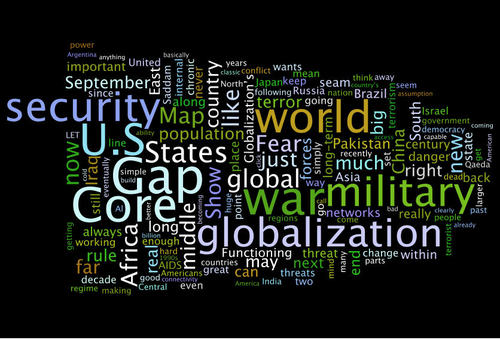Power-of-supply reasoning
 Monday, September 22, 2008 at 2:58AM
Monday, September 22, 2008 at 2:58AM OP-ED: "The Power of Oil Consumers," by Henry A. Kissinger and Martin Feldstein, Washington Post, 18 September 2008, p. A21.
Steve and I pitching this logic recently in DC to some country's ambassador to U.S. (discussing the feasibility of Development-in-a-Box‚Ñ¢ in this guy's homeland): the power of demand is often unrecognized, whether you talk oil or SWFs' growing demand for good FDI targets (the REAL power in the system right now, dwarfing others).
Here, HAK and Feldstein make a good case for an anti-OPEC. China and India have already discussed (yet another reason to shelve backward talk on a league of democracies). I mean, you want to know why Southwest airlines continues to do well? Hint: they play the futures market well. Securitize your resources and boost the global economy's sense of your long-term demand consistency by reducing boom-and-bust fears.
Development-in-a-Box‚Ñ¢ is all about creating such confident expectations.
(Thanks: Doug Freeman)












